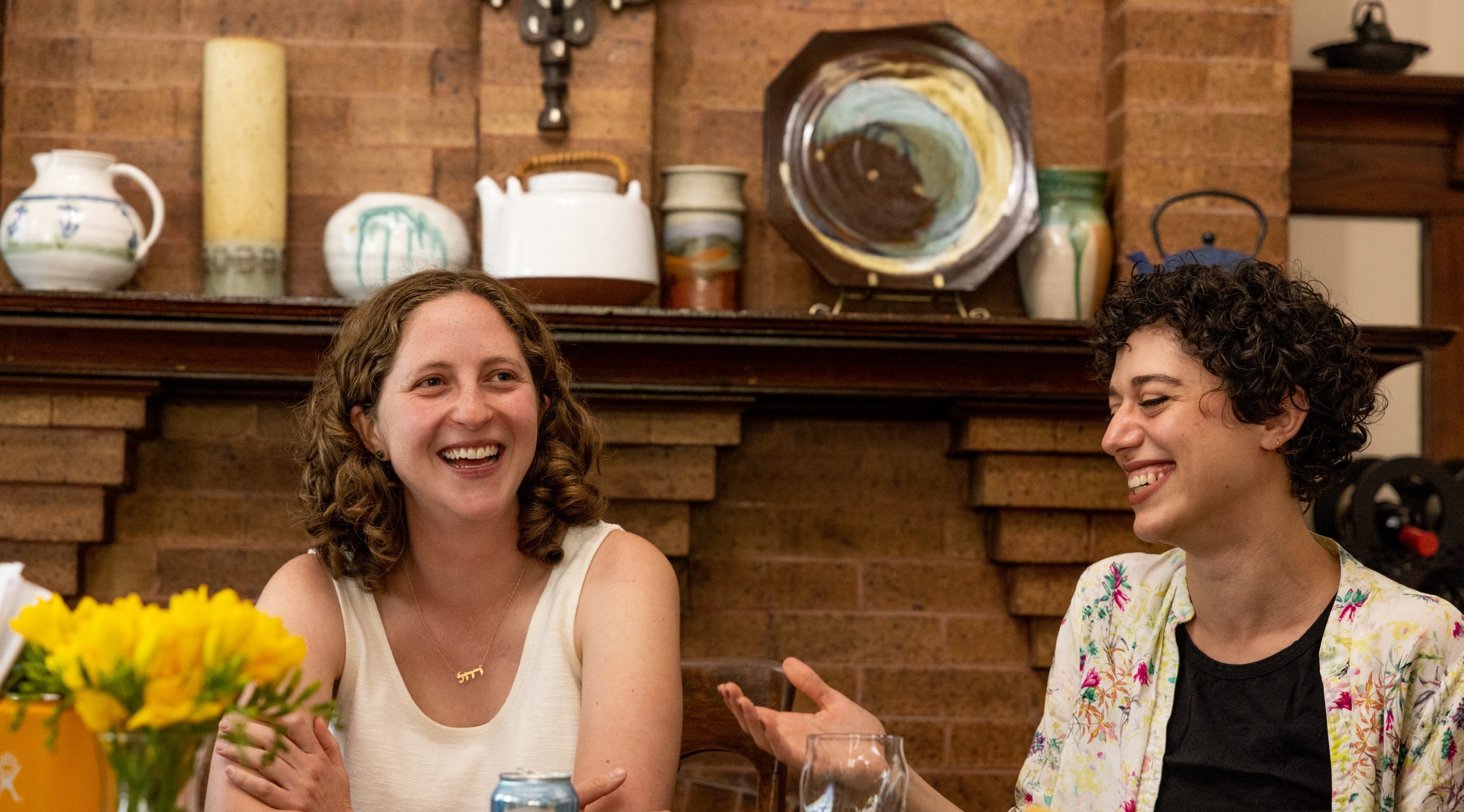Elul 5773
Rabbi Jonathan Slater
A profound shift in human consciousness took place when someone imagined that God spoke and the world came into being. Previously the cycles of nature were the basis on which people conceived of time: fixed in a pattern of birth and death, decay and renewal where nothing truly new or innovative could take place. Now, time stretched in a linear fashion from a point of beginning forward. Every day brought something new; innovation and transformation were necessary to adapt to changing conditions and contexts. This shift had moral implications: acts have consequences, and we are responsible for our deeds.
The past, as it recedes in our mind’s rear-view mirror, can become foggy, vague. We forget what we’ve done; major mistakes become smaller the farther away they get in time. We can trick ourselves into thinking that with time we have changed, that we are not who we were in the past. Our tradition, wisely, retained something of the ancient cyclical mind-set, and so at this time of year we are coming round again to “the beginning”. We are being brought face-to-face with our past, as if it were today. That which we wished to ignore comes into view and demands our attention.
That is the gift of the month of Elul, which so often coincides with our season of vacation, of spaciousness and openness. Rather than waiting until Rosh Hashanah to take stock, under pressure of the Day of Judgment, we are invited to allow our past to come into view now. In the spaciousness of long, languid days, we can allow our hearts and minds to open to the truth of our lives, to see clearly who we have been, how we have been in the past. We can meet it fully, without judgment, held in the capaciousness of free time, and self-acceptance. We can do the work of personal assessment and change before the rush and tumble return to school, business and busyness.
The mystical tradition holds that each month in the year can be identified with one permutation of the four letters in God’s name Y-H-V-H. A phrase in which the letters appear in that particular order – either as the first or last letters of words – is attached to each permutation. For the month of Elul, the phrase is connected to the verse “And righteous-merit will it be for us when we take-care to observe all this commandment before YHVH our God, as He has commanded us” (Deut. 6:25), particularly on the first few words: utzedakaH tehiyeH lanU kY, the last letters of which are H-H-V-Y. The spirit of this month is that God is waiting to credit us with righteous-merit (tzedakah), to find the good in us. But, we have to do some work. We have to “take-care”, pay attention, look out for what is true in our lives, and begin the process of change.
We have the time and space now, and the spirit of the season welcomes our efforts. Why wait?

